The Swiss cheese of the future is made from nuts
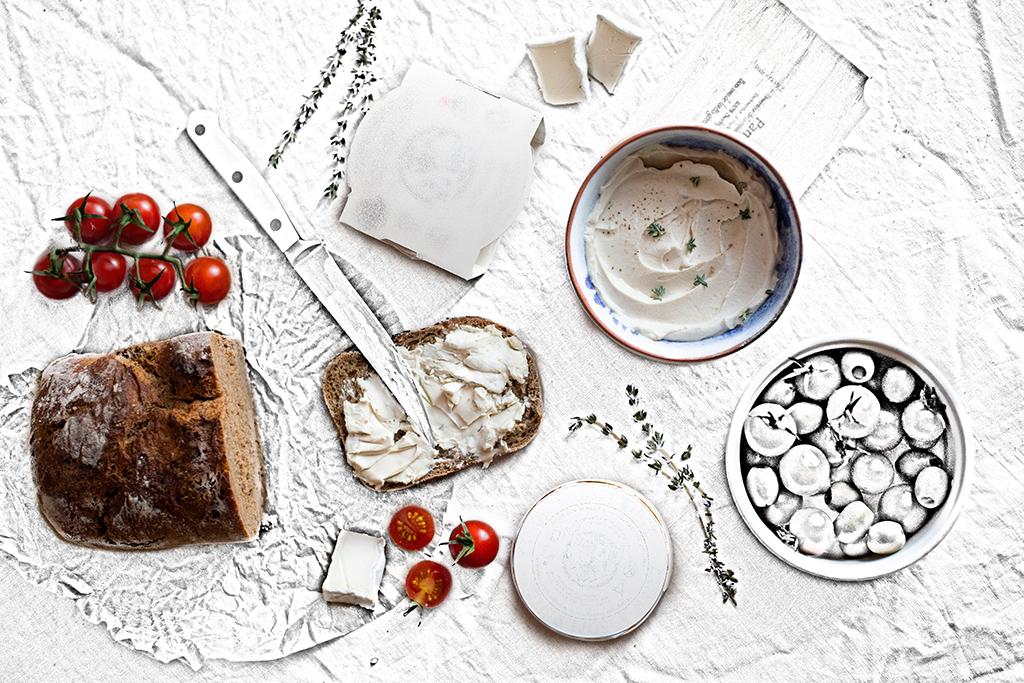
A Swiss company is producing yoghurt, cheese and even fondue made of cashews. Our reporter Sara Ibrahim, on her quest to become vegan, tried them out. Will they become a staple for a healthy and environmentally-friendly diet?
The thought of dairy’s impact on the planet has haunted me for some time. Unlike meat, I have not managed to completely eliminate dairy products in my new semi-vegan diet. It’s true that dairy cows and their waste contribute to climate change and water pollution. Cow burps are responsible for 56% of the greenhouse gas emissionsExternal link from Swiss agriculture. The cows also feed the meat industry; as soon as their milk production drops, they are sent to slaughter. But how could I eat pizza without mozzarella?
Of course, there is no shortage of alternatives today: plant-based substitutes account for 17% of Swiss milk sales, even though they only achieve a market share of 3.3% (or CHF 119 million [$122 million]) of total dairy sales, including yoghurt and cheese. Nevertheless, the Swiss market for plant-based dairy is among the fastest growing in Europe, after Germany and Spain.
Dairy products remain an important part of the Swiss diet. The population gets as much as 19.3%External link of its daily protein from foods such as milk, yoghurt and especially cheese. In 2020, each Swiss resident consumed more than 238 kilograms of dairy products – compared to 126 kg in France, the home of cheese par excellence.
I don’t want to create any illusions: plant-based cheeses definitely taste different to conventional ones. I once ate a vegan pecorino made with potato starch and chickpeas. To say I found the taste disgusting is an understatement, not to mention the smell. But some experiences have left me pleasantly surprised. In many Swiss organic supermarkets, you can find spreadable cheese that is not only delicious and cruelty-free but full of healthy soy protein. There are also tasty cheeses and yoghurts made of coconut or almonds. .
Alternative tastes in my backyard
Cashew nut-based products have been available in Switzerland for a few years now. I discovered them during my wanderings through the shops, looking for different flavours that would bring some variety to my diet. I started with yoghurt and then moved on to “brie”, “goat cheese” and even “fondue”. The appearance and texture are amazingly similar to the dairy products they seek to imitate.
After a brief internet search, I realised that the company behind many of these products was just a few kilometres from my home. New RootsExternal link is located in the middle of the Emmental, the region where the famous cheese with holes comes from. At first, it seemed that a group of vegan activists were deliberately challenging the cheese industry.
As I found out, it’s quite the opposite.
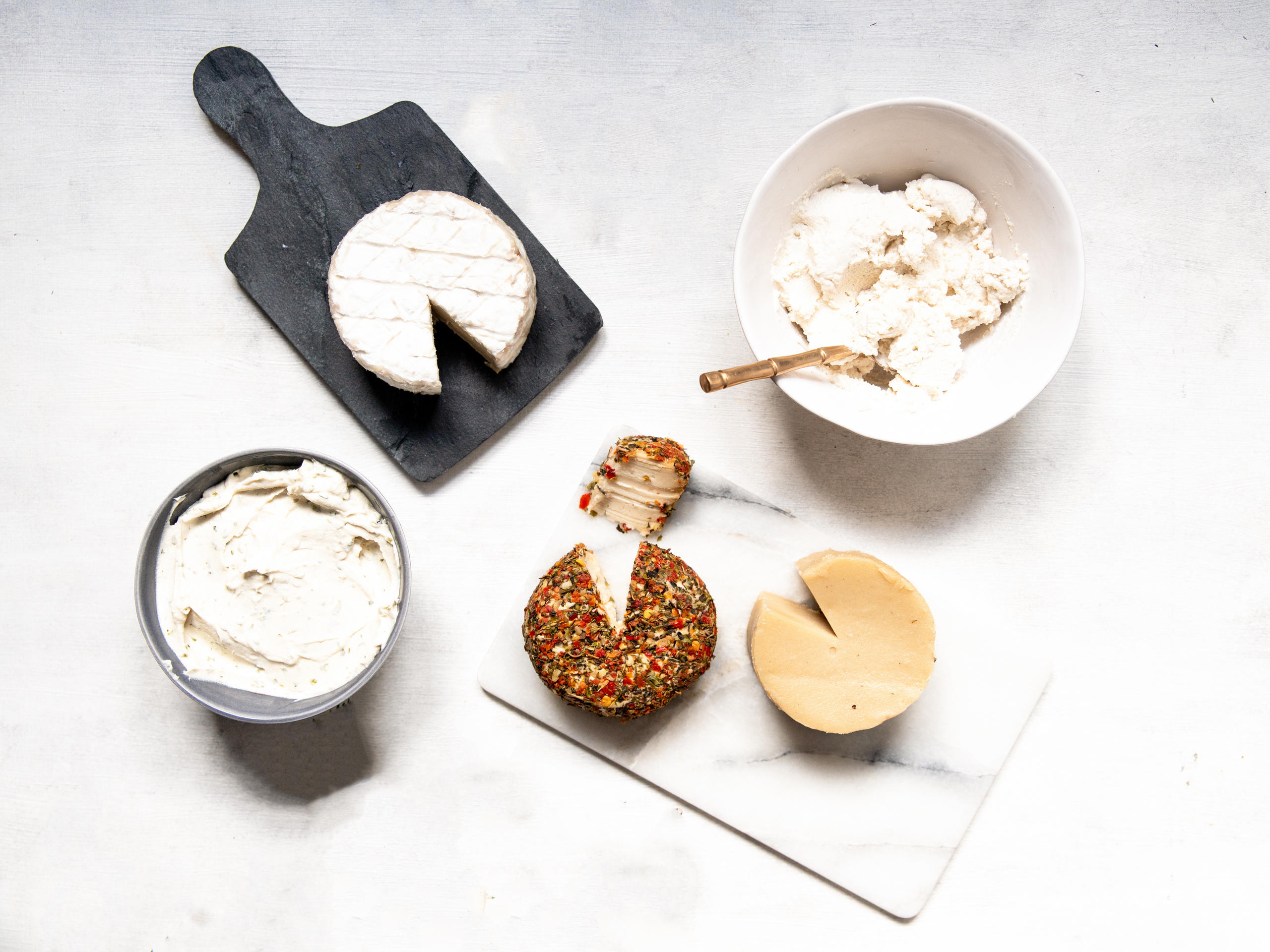
“Freddy and I love cheese traditions. We both grew up eating a lot of cheese!” says Alice Fauconnet, co-founder of New Roots, when we sit down at the table to begin the interview. She is French by origin, and her partner Freddy Hunziker was born and raised in the city of Thun, near the Swiss capital Bern. When they founded the company in 2015, their intention was work hand in hand with Swiss farmers to make the cheese supply chain more sustainable.
Modern cheese, old tradition
Their adventure started in 2014 when Hunziker became a vegan following an injury sustained while downhill biking. In his previous life, he was a mechanical engineer and a semi-professional biker.
“The plant-based diet helped me to heal faster,” the soft-spoken, serious young man tells me.
Hunziker’s experience drove him to set up a home laboratory where, with the help of his father, he began experimenting with different recipes for plant-based cheeses, using traditional fermentation methods.
“Both Alice and I really missed cheese,” he confesses. At the time, few cheese alternatives were available in the supermarket.
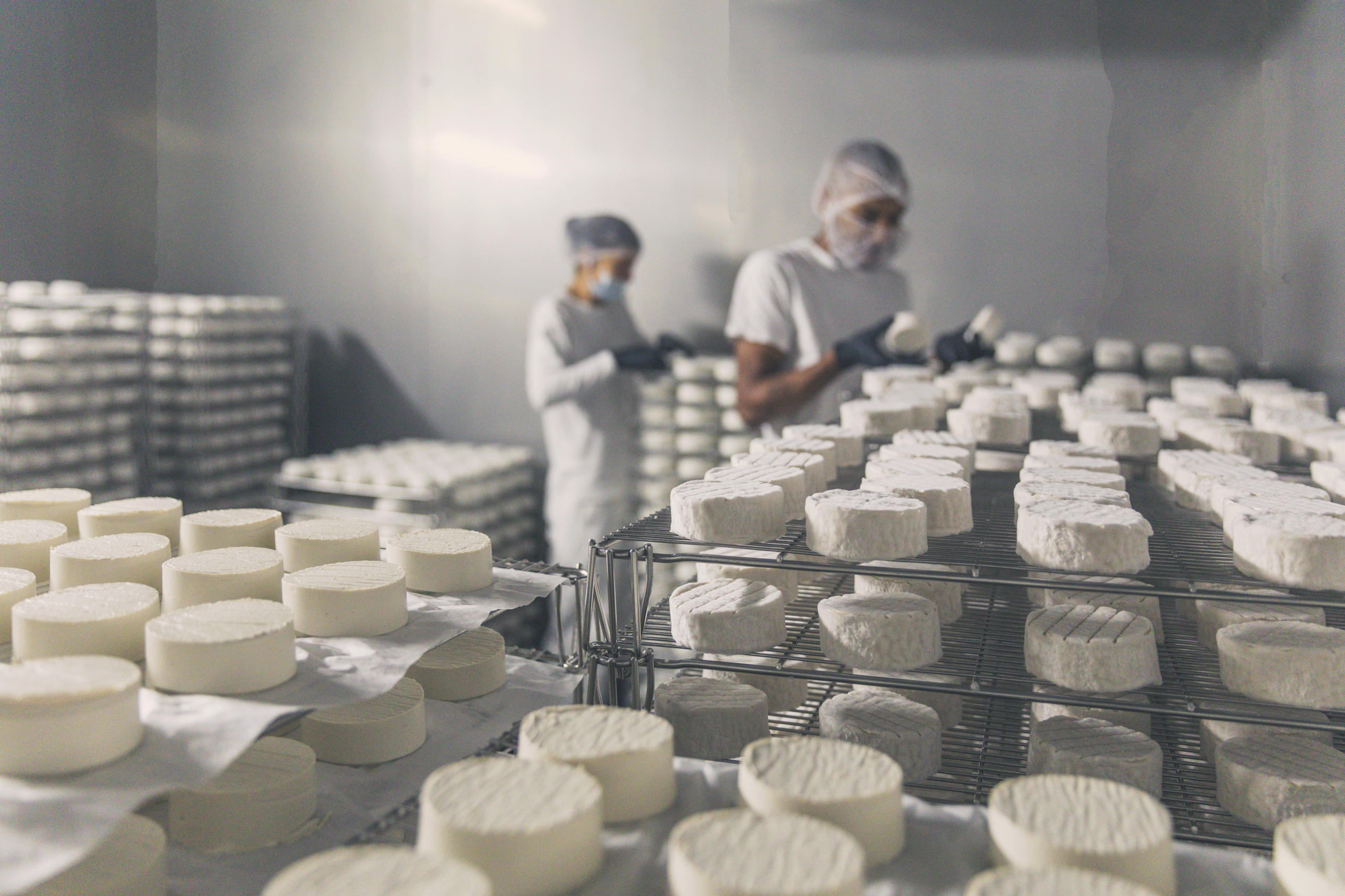
Hunziker and Fauconnet began selling their creations at a small organic market in Thun, but the response was not the best. “People were curious but wondered why they should buy fake cheese,” Hunkizer says.
But eventually the project got going, thanks to the rising trend of vegan eating in Switzerland, especially among younger generations. “In the last five years there has been a boom and we could hardly keep up with market demand,” says Fauconnet. The young entrepreneur had never run a business before. “At the beginning we had one employee. Now we have 33.”

Cashews by choice
All New Roots products are made from organic cashews, which Hunziker says are “a very efficient raw material, because they don’t generate waste, like soy or cow’s milk”. Just half a litre of water is needed for one kilogram of cashew cheese, compared with 16 litres of milk to produce the same amount of conventional cheese. But the cashews are not produced in Switzerland. New Roots imports them from Vietnam and Burkina Faso, where they grow in the wild. Hunziker insists that this has only a minimal environmental impact.
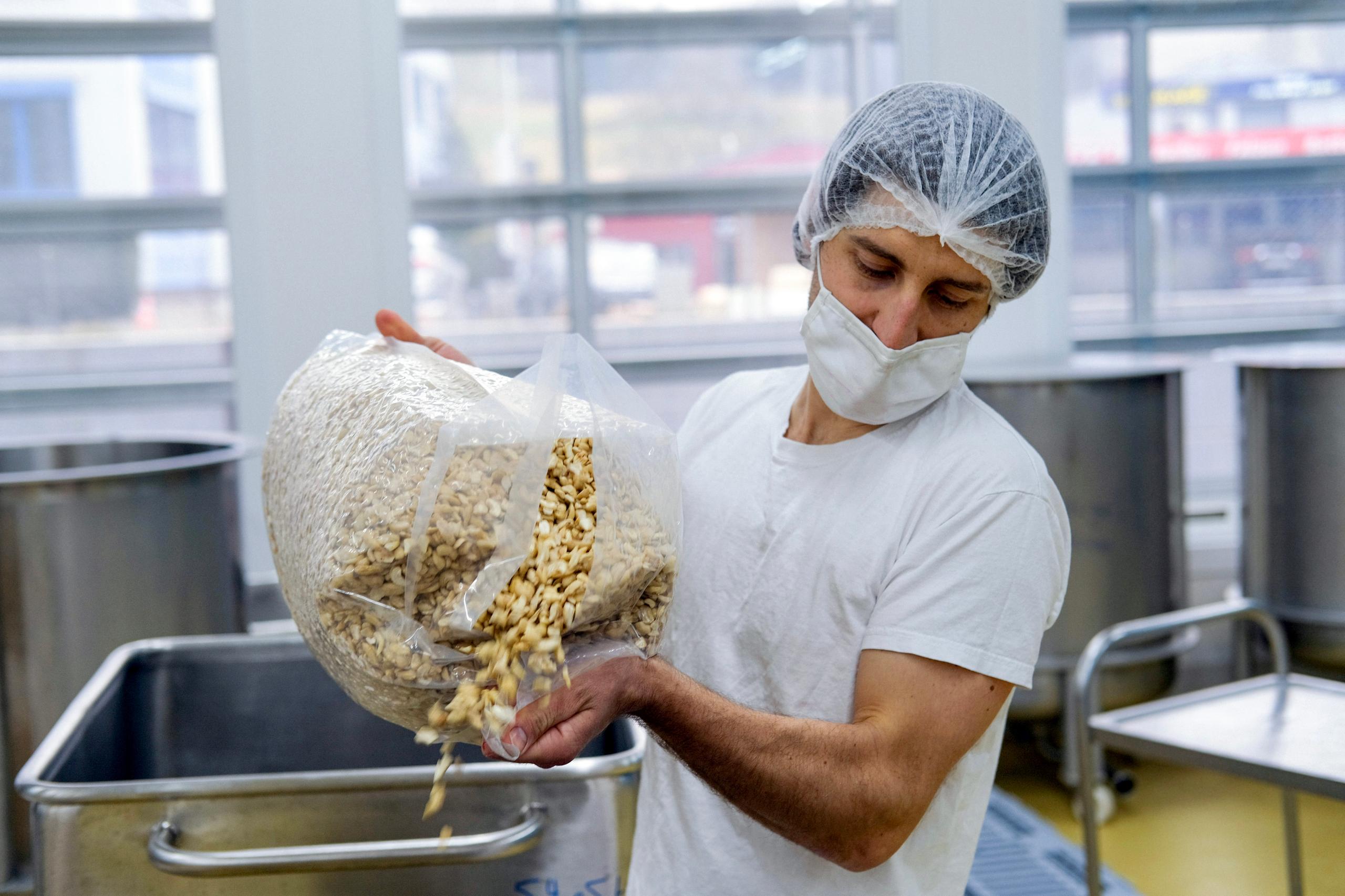
“People exaggerate about the impact of transport on the climate. It is not the most relevant factor,” he says, claiming that transporting cashews by ship accounts for “only” 5% of New Roots’ carbon footprint. I have often heard this argument to justify the consumption of foods grown largely in Latin America or Asia, such as avocados or mangoes. But the shipping industry is one of the biggest pollutersExternal link of air and water.
In terms of pollution, there is not much difference between transporting one tonne of cashews from Vietnam or soy from Brazil to use as animal feed. In both cases, the emissions are around 53 kilograms of CO2. But it takes 25 kilograms of soy to produce 1 kilogram of beef, compared to 500 grams of cashews for 1 kilogram of vegetable cheese.
Fauconnet says the alternatives are even worse: Almonds from neighbouring Italy require a lot of water to grow and produce a lot of waste. Cashews are, however, not the perfect nut: workers have to harvest and peel them by hand. In Vietnam, New Roots relies on farms that have automated these processes. “But the other side of the coin is that you take people’s jobs away,” says Hunziker. That’s why the Swiss company has joined a project in Burkina Faso providing fair pay to manual harvesters.
But according to a United Nations report, to create jobs and boost rural development in nut-growing countries, more should be invested in local processing of raw cashews, which is almost absent in Africa.
More
Dairy products, necessary for healthy living?
The belief that milk and dairy products are essential for a healthy diet is deeply rooted in our society. When I was a child, if I met a very tall person, I would ask them, “Did your mother make you drink a lot of milk?” My mother always handed me the last piece of grana (northern Italian cheese) from the table to eat, saying it would help me grow.
In fact, cow’s milk is rich in high-quality proteins and essential nutrients for bone health and prevention of osteoporosis, including calcium, potassium and phosphorous. It also contains high amounts of saturated fat. Cashews, on the other hand, have a better composition of “good” fats and carbohydrates and contain much less sugar. They also have more iron, zinc and fibre. But there is less protein in cashew cheese as well as fewer nutrients like vitamin D or calcium, and no B12, which have to be added chemically.
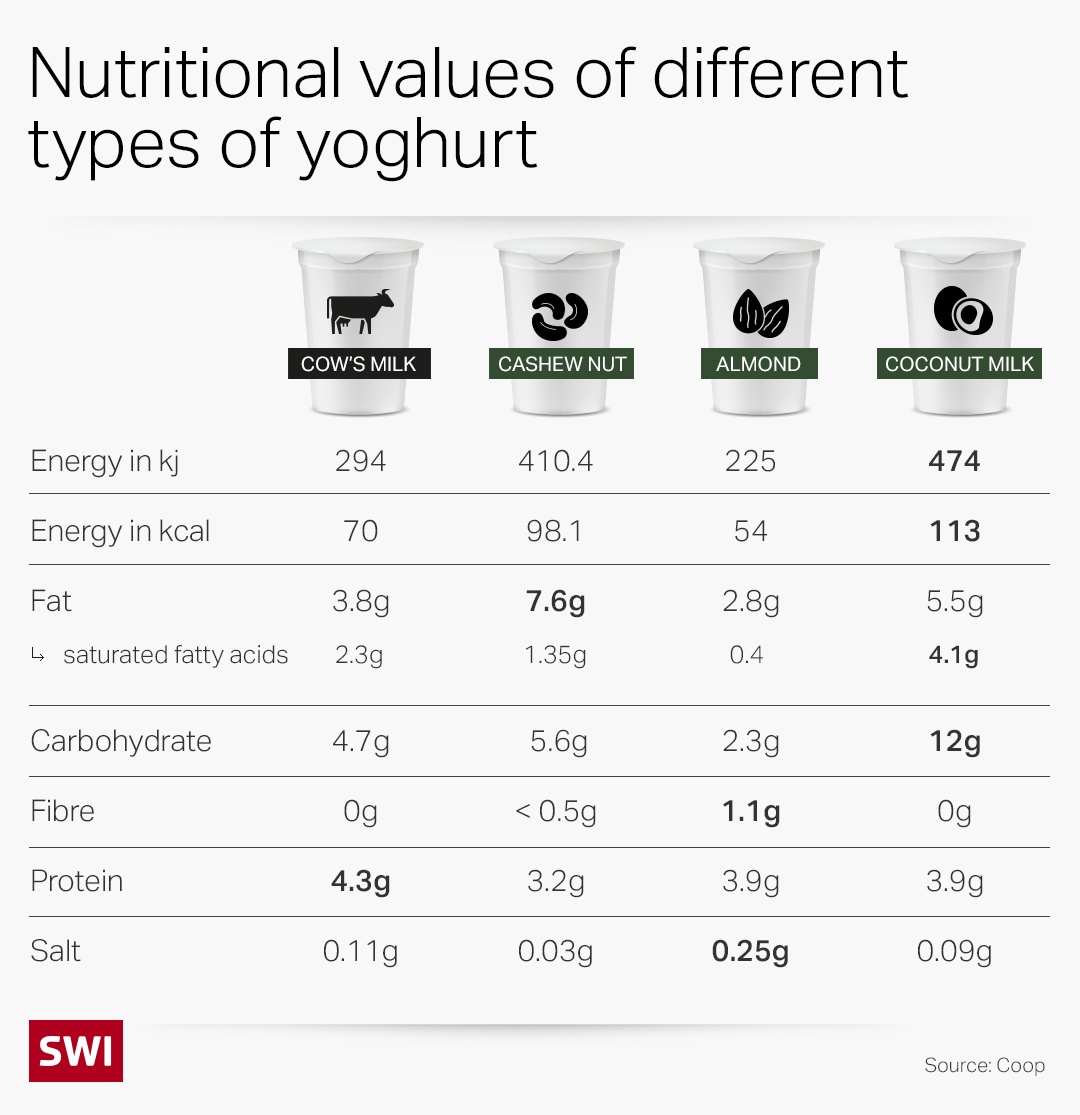
“I think these plant-based alternatives can be an interesting addition to our diet, but I would not recommend them as a ‘complete’ replacement for dairy products,” says Sabine Rohrmann, an epidemiologist at the University of Zurich and an expert on diet, lifestyle and cancer risk factors.
But some studiesExternal link have shown that high consumption of animal protein ultimately causes calcium loss and bone fragility, increasing the risk of osteoporosis. This is due to the high amount of acid they contain, which promotes the excretion of calcium from the bones through urine. “It all depends on the amount of animal protein consumed,” says René Rizzoli, an endocrinologist with expertise in bone disease and osteoporosis at the Geneva University Hospital.
Rizzoli argues that dairy products are still the best naturally available way to get essential nutrients for healthy bones. But this does not mean that it’s impossible to be healthy without consuming dairy products.
“We can also get the nutrients we need from plant-based foods. It is important, however, to combine them in the right way.”
To contact me or comment on this article, you can email me.
Follow me on TwitterExternal link
Subscribe to our science newsletter below to get regular insights on these and other science-related topics out of Switzerland, delivered to your inbox.

In compliance with the JTI standards
More: SWI swissinfo.ch certified by the Journalism Trust Initiative


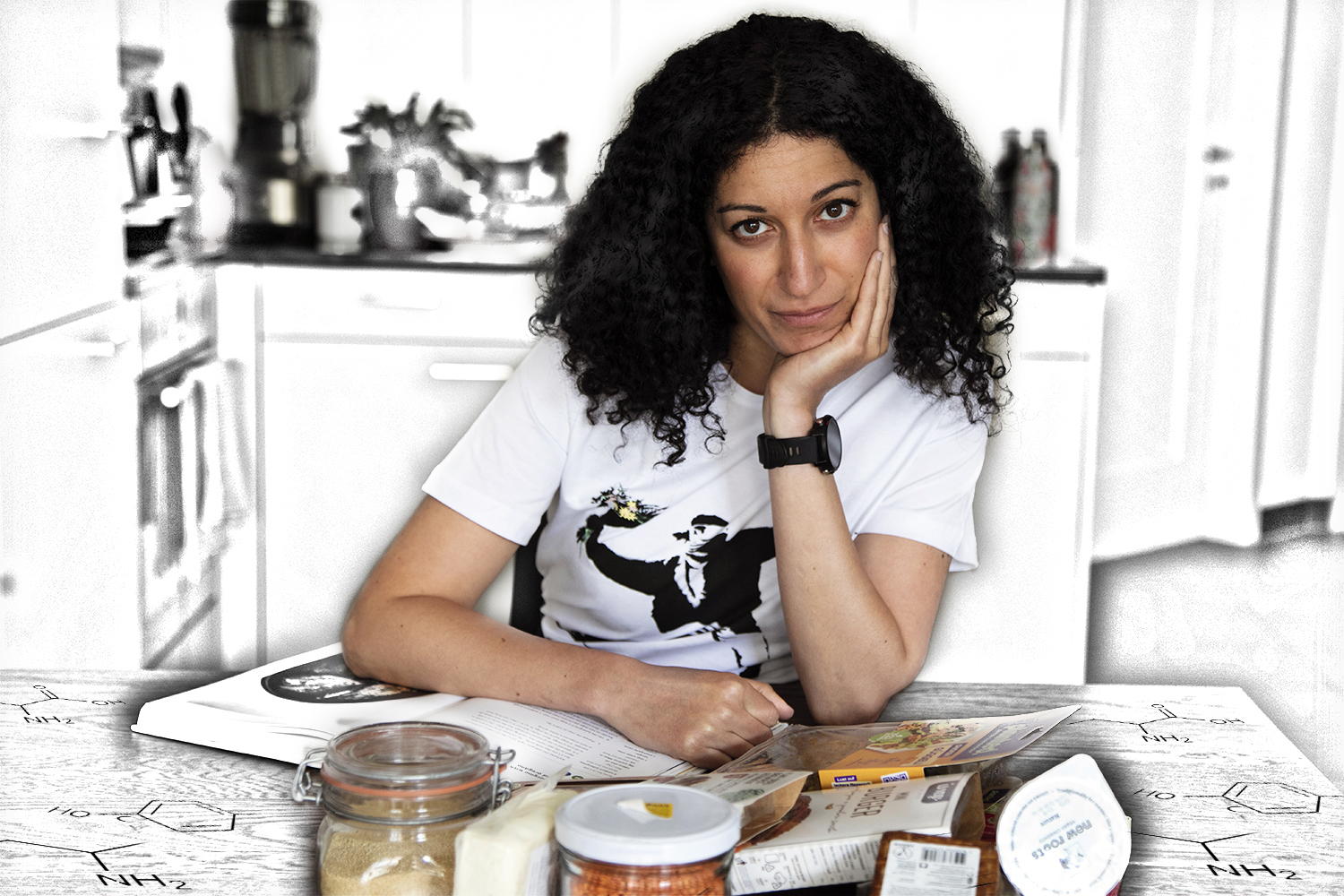
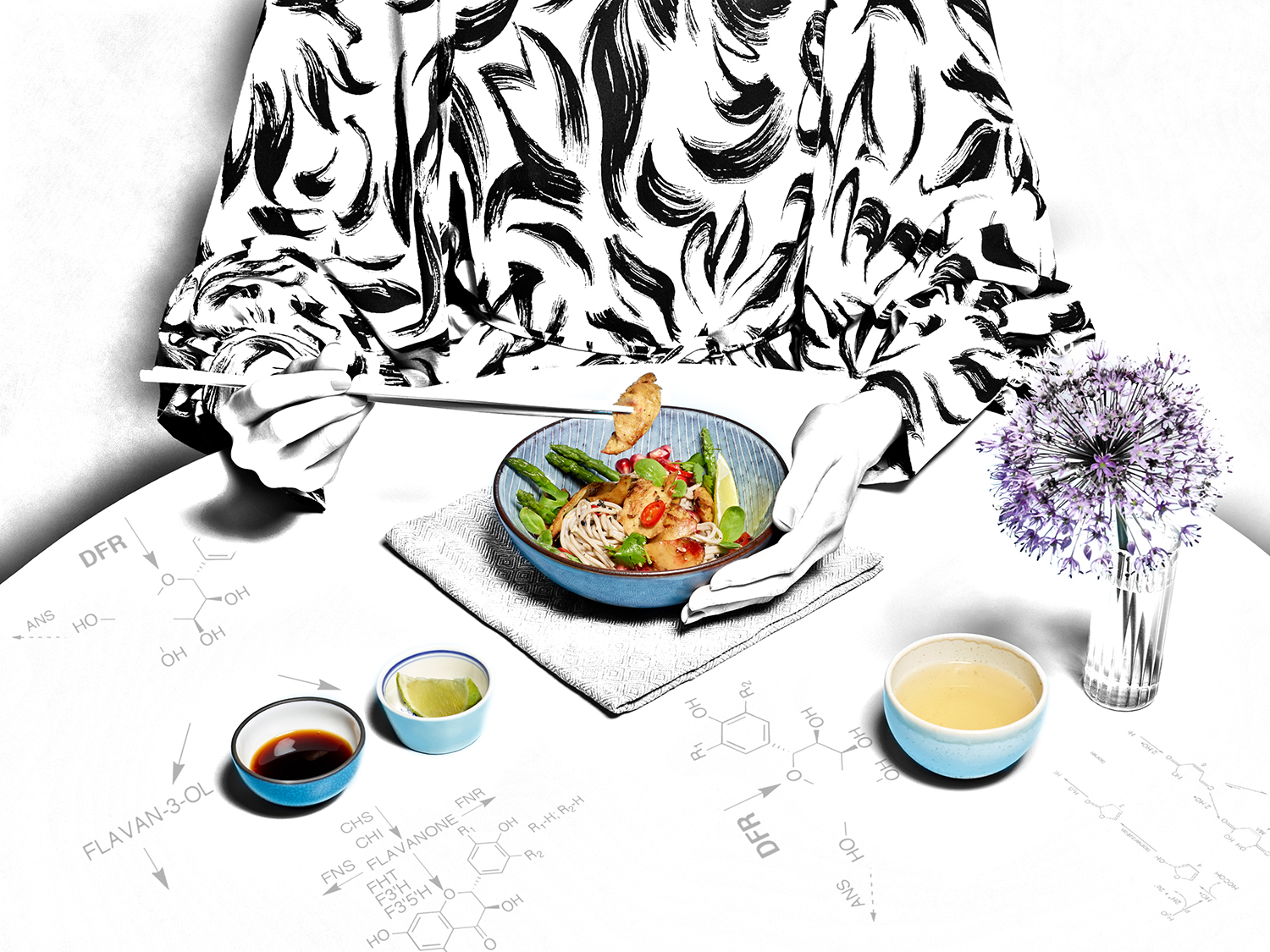
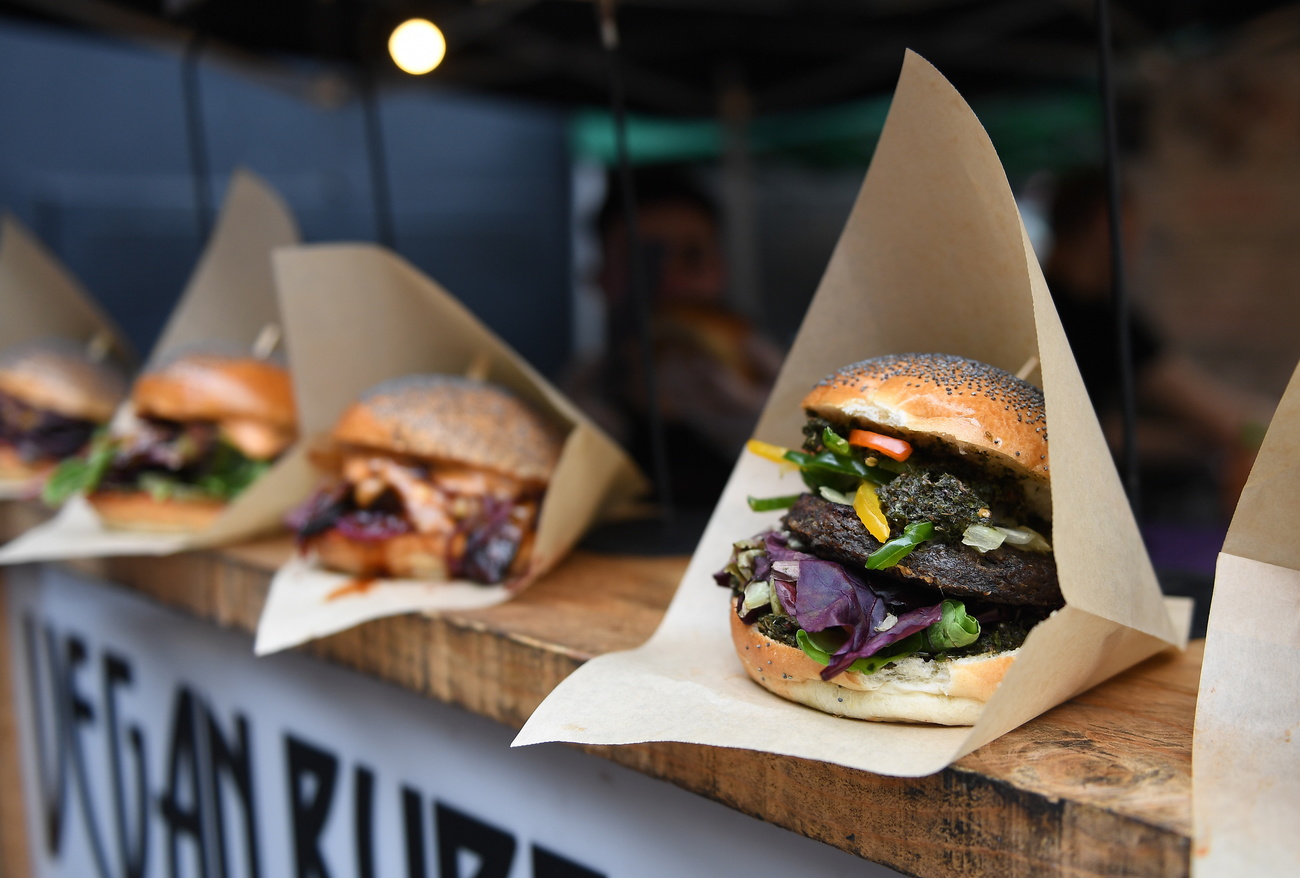
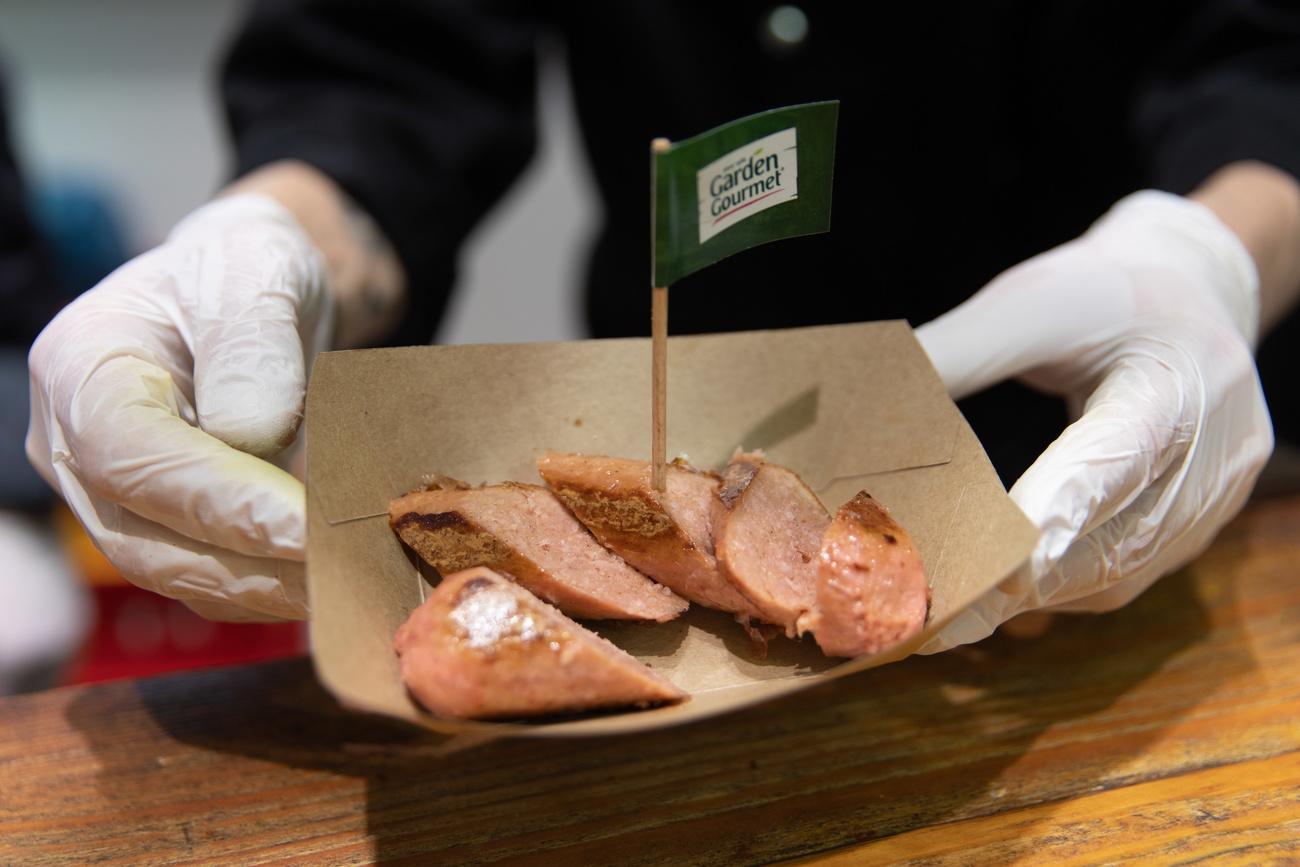
You can find an overview of ongoing debates with our journalists here. Please join us!
If you want to start a conversation about a topic raised in this article or want to report factual errors, email us at english@swissinfo.ch.